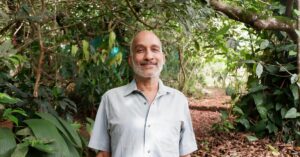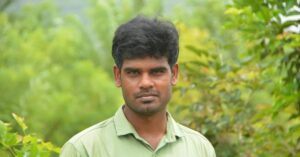‘My Pet Can Eat My Plate’: Brothers Use Waste From Rice Farming to Make Tableware
Brothers Rishabh and Rohan Suri started Qudrat, a Kerala-based startup that makes biodegradable tableware from agricultural waste. Their aim is to replace paper and plastic products, while also making them animal friendly.
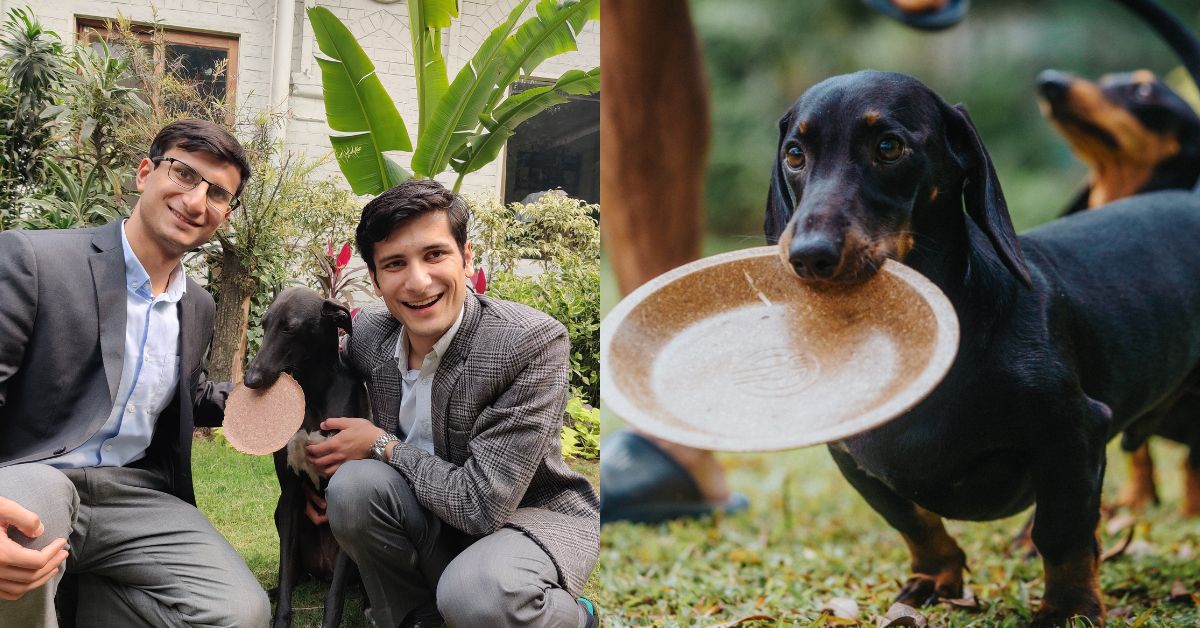
Paddling up to the wave on Kovalam Beach in Kerala every Sunday helped Rishabh Suri find the motivation to improve his sport. However, as he enjoyed surfing, he found himself in a weird situation.
“Surfing is already a difficult sport. While practising, often, a paper or plastic cup would hit my head and sometimes a plastic bag would get wrapped around my feet. The sea is full of it! When you go slightly outward into the sea, huge amounts of plastic lie there,” the 26-year-old tells The Better India.
Recalling another such incident, he says, “In 2018, when my brother and I were trekking to spot gorillas in Uganda mountains, we spotted plastic there too! We realised that there’s plastic even in the remotest places. Since then, it has been my quest to work on something that solves an environmental problem,” he says.
In order to do their bit to tackle the growing plastic problem, siblings Rishabh and Rohan started Qudrat, a Kerala-based startup that creates biodegradable tableware from agricultural waste — such as rice bran, rice husk, and rice straw — to replace paper and plastic disposable tableware.
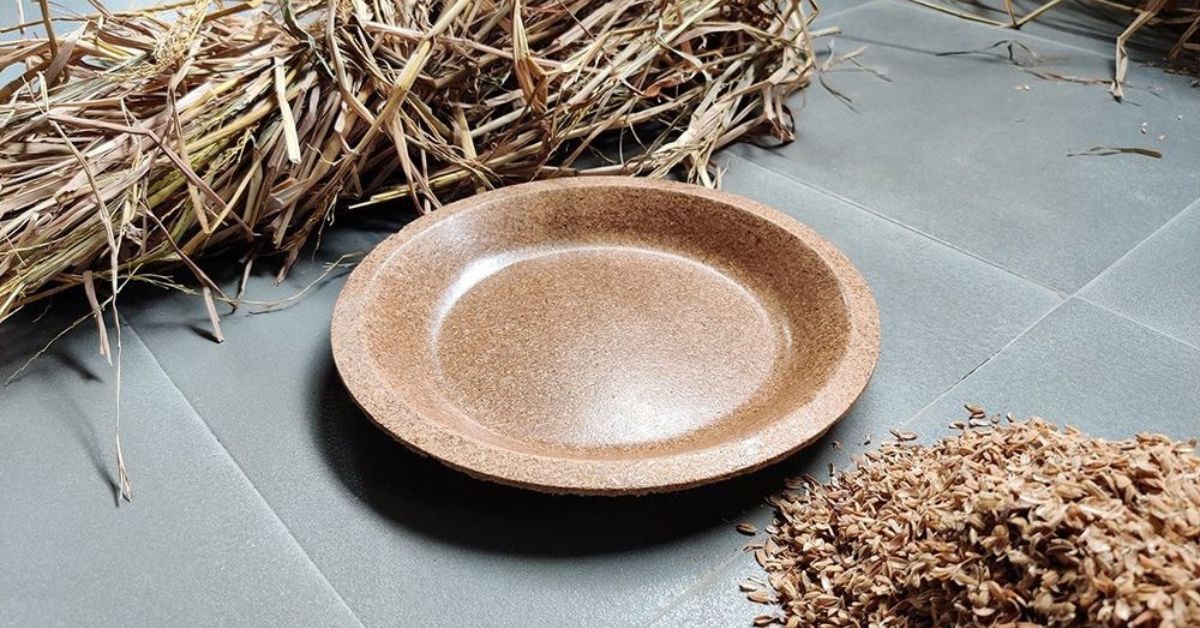
Their products have found customers not only in Indian metros like Delhi, Bengaluru, and Mumbai but also in the Andaman and Nicobar Islands and the Northeastern states of Mizoram and Nagaland. Apart from India, the siblings have buyers in the US, the UK, Canada, and Mexico.
Last month, Rishabh says, they sold about 25,000 units of plates, straws, spoons, and cups.
The quest to find a better substitute
In 2016, after dropping out of Chartered Accountancy, he got into his family business of selling motorcycles. The BCom graduate continued the automobile franchise business till 2020 before founding his own startup.
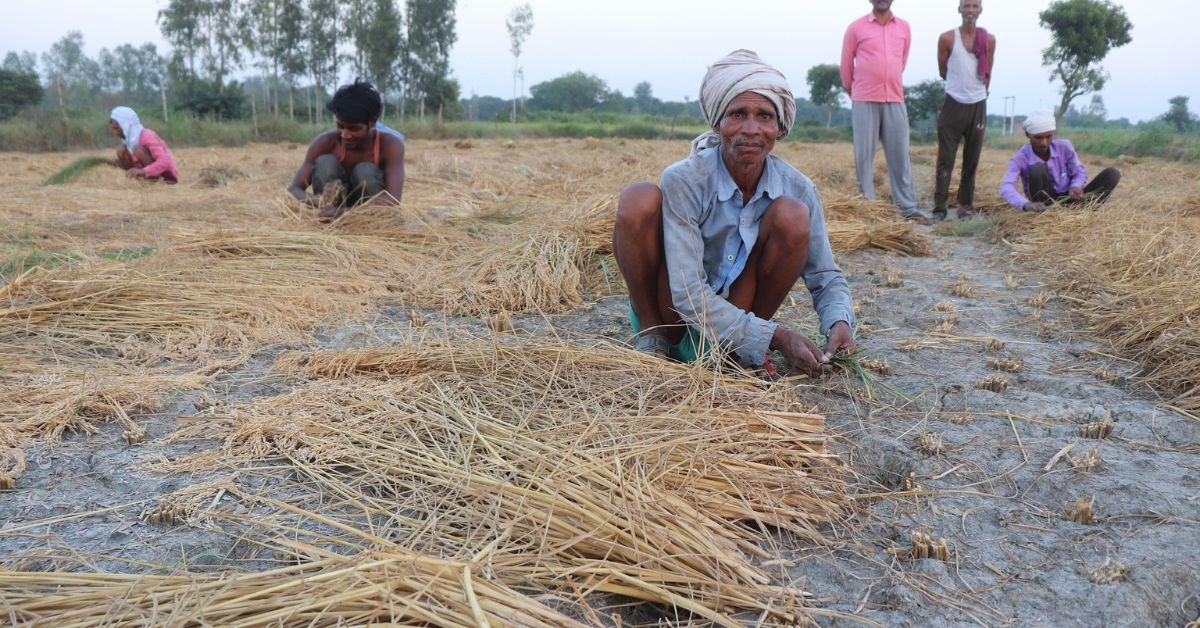
“The pandemic gave us an opportunity to research how agricultural waste could be converted into disposable tableware. We came across paddy straw as a raw material. This agri-waste, if left in fields leads to stubble burning, contributing to yet another environmental crisis. We wanted to utilise this waste in valuable products,” he says.
After 20 months of improvising the products, the brothers started selling commercially in November 2022.
Explaining how these products are made from agricultural waste, he says, “Firstly, we collect husk and rice grain from mills in Thiruvananthapuram and straw from farmers across Kerala belt. Then after heating, crushing, and mixing them, the raw materials are compressed and moulded into finished products.”
Highlighting the uniqueness of these products, he says, “We have an edge over the raw materials of paper, plastic, bagasse, and areca palm leaves. In bagasse, chemicals in small amounts are added to increase their capacity to hold water while areca tableware has a tendency to catch fungus.”
“Whereas our products get degraded in 30 days and are naturally manufactured. Our plates can hold water for 25 minutes without any leakage and our cups for more than 70 minutes. Our products also have a shelf life of more than a year,” he says.
He adds that the edible straws and spoons are priced at Rs 399 per pack and the rice husk cup at Rs 6 per piece.
“These products can be utilised as fertilisers also as it has water retention quality. We use the reject pieces in our factory to make compost for use in our farmland, where we grow brinjals and chillies,” he adds.
No more sights of cattle eating plastic
Other than being 100 percent biodegradable, Rishabh says the uniqueness of the products makes them safe to be eaten by any animals too.
“This material has always been used as fodder for cattle by farmers. So we wanted to make these products animal friendly as well. For instance, if our tableware is not disposed of properly after a party and thrown on the road or in the sea, and if an animal eats it, then it should not harm them in any way,” says Rishabh, who has a certification on his animal-friendly products from the CSIR (Council of Scientific & Industrial Research).
Besides corporates, caterers, and individuals, their products are being used by chefs who cook for dogs. Chennai-based Sneha Sridhar, a “dog chef”, got a spitz in the initial phase of the pandemic and was looking for sustainable tableware for her dog.
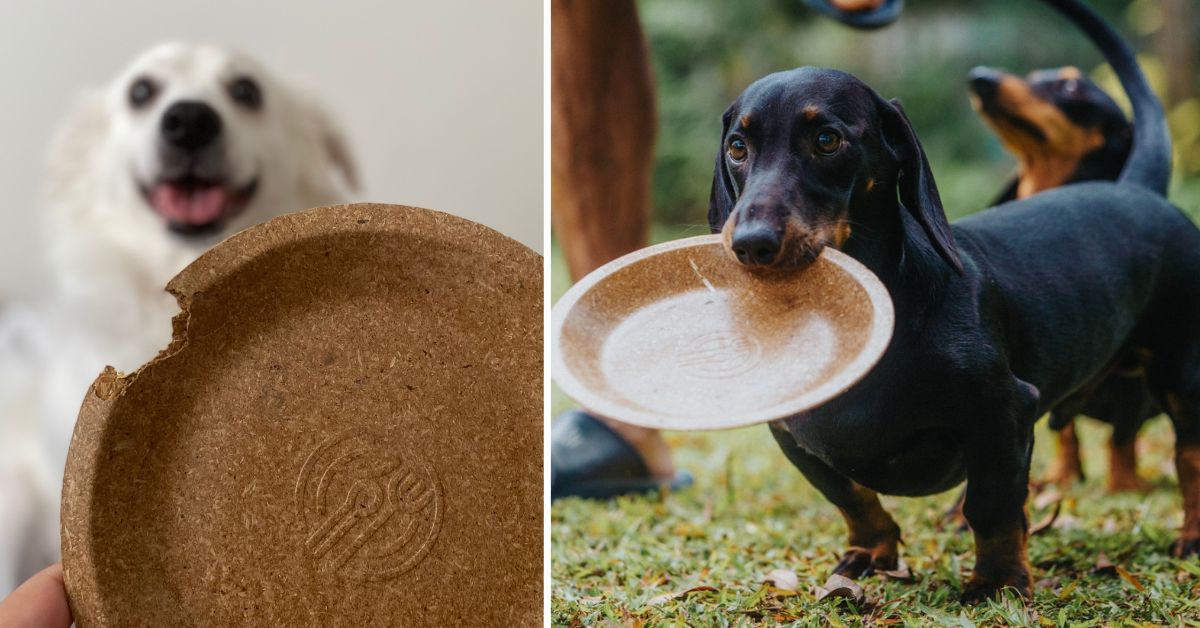
“Dogs might bite into the paper tableware and quickly swallow them. In such cases, edible plates cause no harm even if my dog consumes them as it is made of just rice straw and husk. These are not snack substitutes, but they can enjoy it when they are having food,” she tells The Better India.
Sneha also hosts dog-centric events like birthday parties and picnics where she has replaced plastic and paper cutlery with these alternatives. Rishabh says that the products are priced at Rs 299 for a pack of 25 animal edible plates.
With this work, Rishabh and Rohan have been able to prevent 4,000 kilos of agri-waste from being burned and saved 2,880 kilos of single-use plastics from entering landfills and the sea.
Rishabh says, “Each work is special in its own way, but to be able to cater to the environment gives us far more satisfaction at the end of the day. We are doing something that would have an impact on the environment while also earning money. It is a win-win.” If you found our stories insightful, informative, or even just enjoyable, we invite you to consider making a voluntary payment to support the work we do at The Better India. Your contribution helps us continue producing quality content that educates, inspires, and drives positive change. Choose one of the payment options below for your contribution- By paying for the stories you value, you directly contribute to sustaining our efforts focused on making a difference in the world. Together, let’s ensure that impactful stories continue to be told and shared, enriching lives and communities alike. Thank you for your support. Here are some frequently asked questions you might find helpful to know why you are contributing?

The products are available for purchase on the website and are also available on Amazon and Flipkart.
Edited by Pranita Bhat; All photos: Rishabh Suri and Sneha Sridhar.
This story made me
- 97
- 121
- 89
- 167




